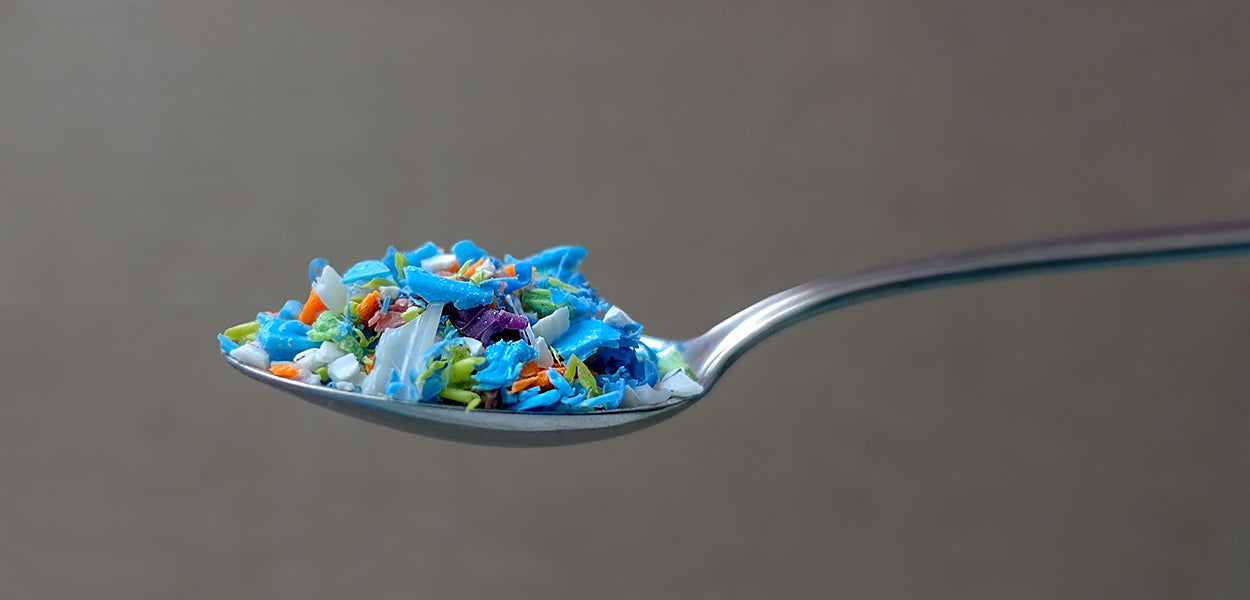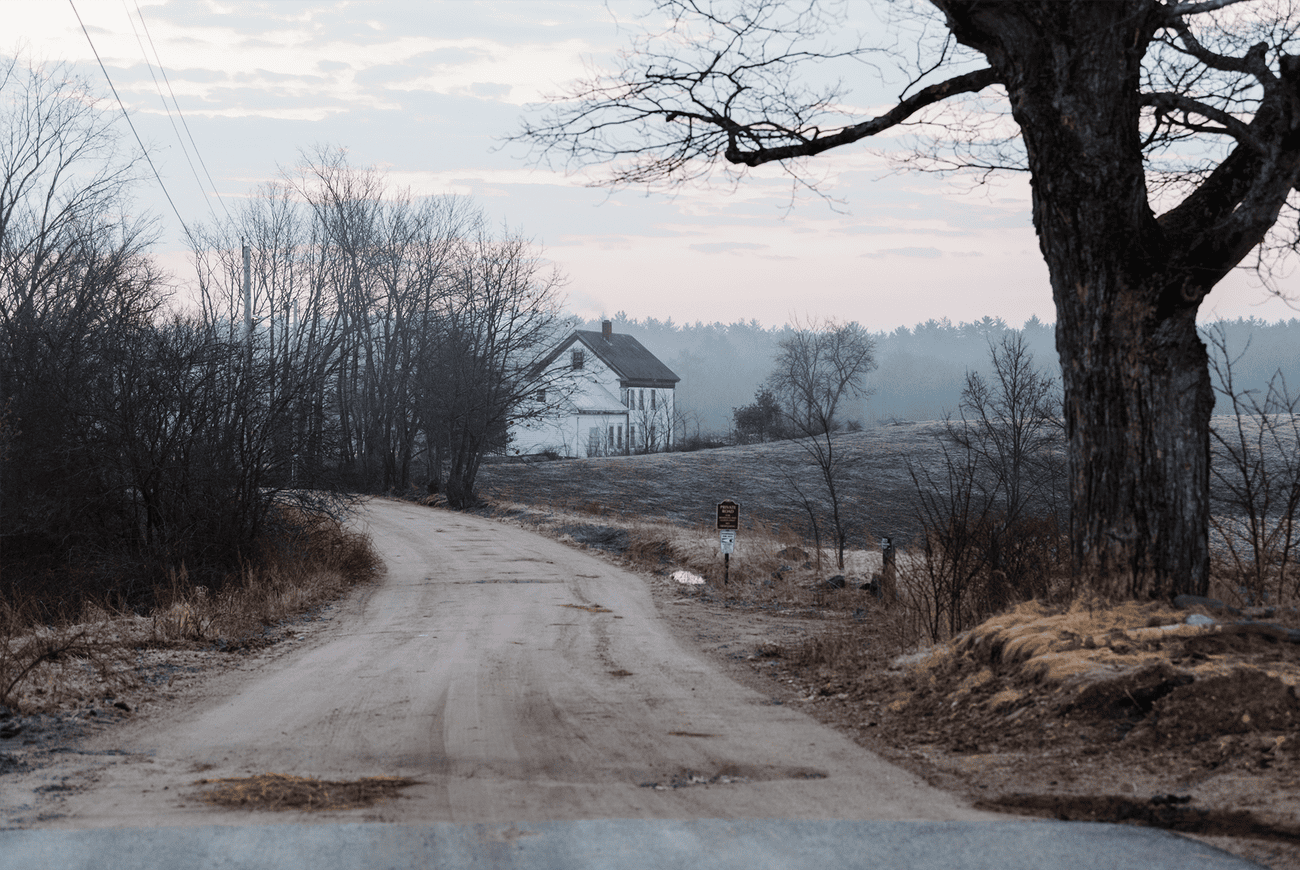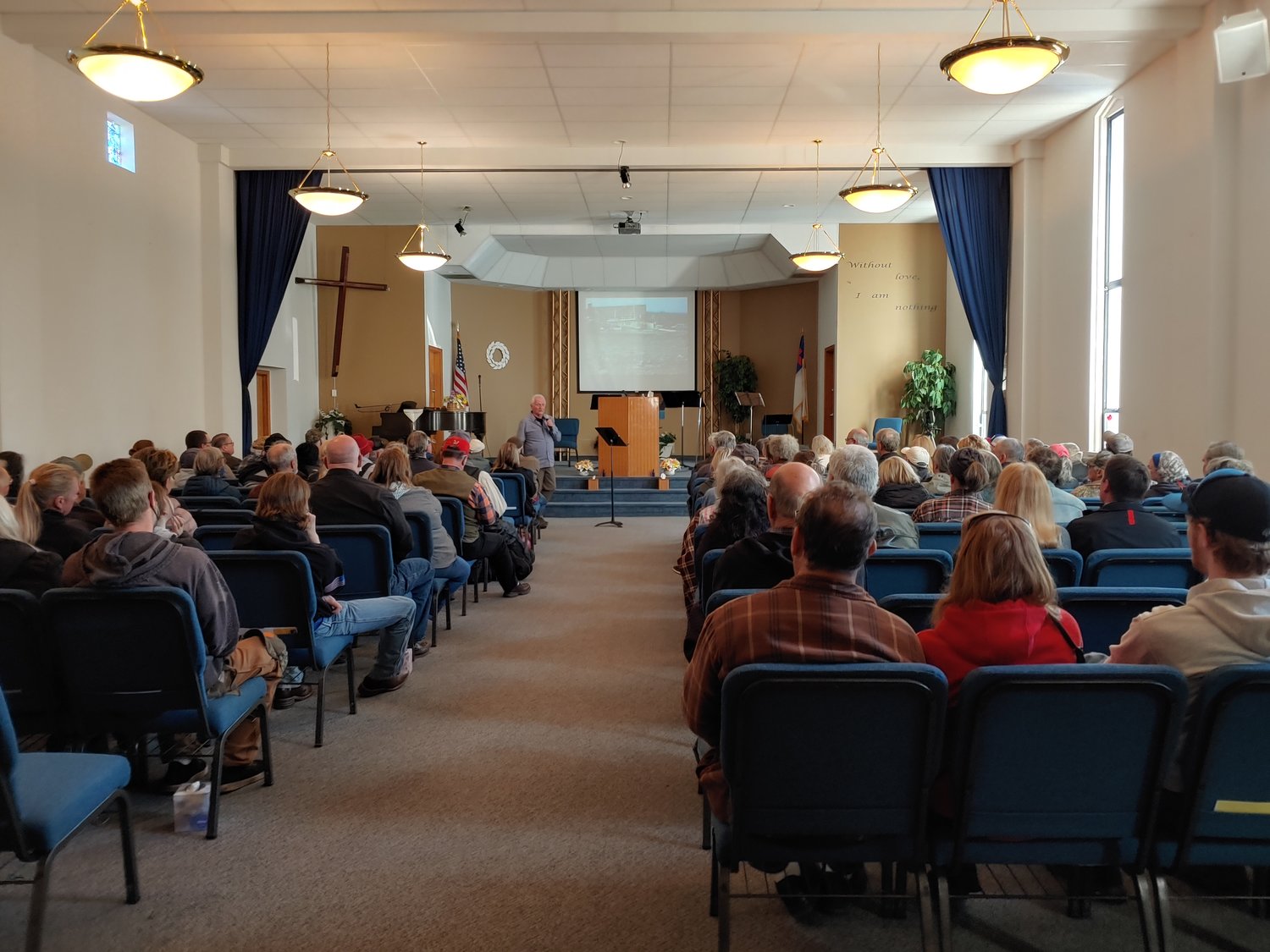Sewage Sludge Repackaged as Garden Fertilizer Tests Positive for Toxic Chemicals
Submitted by editor on Sun, 07/10/2022 - 12:25
By Frank Carini / ecoRI News staff
February 10, 2022
Sewage sludge that many wastewater treatment facilities lightly treat and then sell throughout the United States as home fertilizer contains concerning levels of controversial substances.
Last year the Sierra Club and the Michigan-based Ecology Center found toxic per- and polyfluoroalkyl substances, better known as PFAS or “forever chemicals,” in nine fertilizers made from sewage sludge — commonly called “biosolids” in ingredient lists — and mapped businesses selling sludge-based fertilizers and composts for home use.
Eight of the nine products tested exceeded the screening guideline for perfluorooctanesulfonic acid (PFOS) or perfluorooctanoic acid (PFOA) set in Maine, the state with the strictest safeguards for PFAS levels in sludge spread on agricultural lands. PFOS and PFOA are two of the more dangerous forever chemicals. They are no longer manufactured in the United States, but they are still produced internationally and can be imported in consumer goods.
Overall, there may be as many as 5,000 of these manufactured chemical compounds on the market today. They persist in the environment and in our bloodstreams, as these compounds suffer no degradation in light or air or through biological processes. Since they are highly mobile, their contamination is spreading through soil into ground and surface waters and accumulating in fish, shellfish, wildlife, and crops.





